As he takes up the Airmic chairmanship, Tim Graham explains why there’s no room for lone wolves in risk
Tim Graham has had a long and illustrious career, initially as a chartered and financial accountant before making the leap into the world of risk.
With risk management roles at major household names, including Sainsbury’s, BAA and currently pharmaceutical giant GSK, he became Airmic deputy chair last year and has now taken up the helm as chair, replacing easyJet’s Claire Combes.
“I am tremendously excited to be picking up the reins as chair of Airmic,” he says. “I am also humbled too when I look at the some of the individuals that have held the position before me. I feel very proud and fortunate to be part of the Airmic team who constantly show so much enthusiasm and commitment to our Members and Partners.”
“I joined Airmic over 20 years ago when I found an organisation with the same passion and enthusiasm for risk management that I held then, and still do today,” he continues. “I am keen now to continue building Airmic’s reputation as an organisation that stimulates thought leadership and organisational learning in risk management.
“Reflecting on the challenges we have all experienced over the past few years, I also want to encourage a culture for today’s risk managers to become more agile, strategic and vocal in their thinking when managing risk.”
Tying risk to strategy
Graham feels very fortunate with the path that his career has taken and says that moving into risk management was the best decision he has made in his work life to date. “I initially qualified as a chartered accountant, which has always been a great anchor throughout my career and for the various positions I have held in commerce and industry.
“I decided to ‘jump ship’ from mainstream finance to the world of risk management and insurance early on in my career at a time when the importance and value that risk management brings to business was gaining increased recognition.”
When he was sponsored by Sainsbury’s to enrol in an MBA programme it was a second important professional decision.
“I have always been an advocate for ‘lifetime learning’,” explains Graham. “I have been involved in some significant and engaging corporate change programmes during my career and had the opportunity to support some global charitable projects along the way, which I have found to be personally rewarding too.”
Capturing frontier risks
The MBA opened his eyes to a more holistic view of business and the value of aligning risk management with wider business strategy. He has held onto this belief, and thinks it is more relevant than ever as risk professionals help guide their organisation’s decision-makers through such a tempestuous period.
“The last two and a half years have seen unprecedented challenges and change for businesses and risk managers alike,” says Graham. “The recent geopolitical, environmental, economic and pandemic events require risk managers to think and act differently.”
”Enabling businesses to effectively respond to these events can only strengthen and elevate the importance and value of risk manager roles to corporate boards and financial markets.”
The profession has evolved considerably as a result of the experience of the pandemic and other recent shocks, he thinks.
Like Airmic chief executive Julia Graham, he thinks one of the important lessons is the need for more future gazing as we try to better anticipate what may come down the line.
While not all major shocks can be anticipated, scenario planning should ensure businesses are better prepared to respond to the next curveball.
“Whilst traditional risk frameworks and registers will continue to remain important, recent events have shown that the focal point of our risk management ‘lens’ needs to extend much further ahead to capture these emerging and global ‘Frontier Risks’.”
”These events have also highlighted the importance of data and analytics to better model risk, the value of more robust business continuity planning and crisis management.”
Moving forward together
Collaboration is critical moving forward. One of the best pieces of advice Graham was given during his career was that, “A lone wolf cannot manage risk”. “Everyone has an important role to play,” he explains.
“This is best achieved by building strong networks and trust with key stakeholders and a culture of continuous open communication and engagement.”
“The world has entered a period of intense turbulence and uncertainty. Climate change, disease, population migration, technological and economic disruptions and the war in Ukraine are all ‘once in a generation’ events, each of which have radically changed the global risk landscape.
Turning to insurance, is it time to build bridges and learn some of the lessons after three years of ‘harsh market’ conditions?
Graham says it is time to leverage the trust built between the corporate and insurance world to develop new risk management and risk transfer solutions.
“Premium rates, and the scope of cover and capacity, have continued to be a challenge for all,” he acknowledges. “Nevertheless, the latest Airmic survey of members suggests signs of ‘green shoots’ where the pace of the hardening is slowing, in line with other surveys on the market.”
“We are not out of the woods yet, and premium rates for cyber especially continue at challenging levels. We advise policyholders to check the terms of their cyber renewals and the controls demanded by insurers as these can be subject to material change and could catch policyholders off-guard.”
The comments in this article are those of Tim Graham and not of GSK.





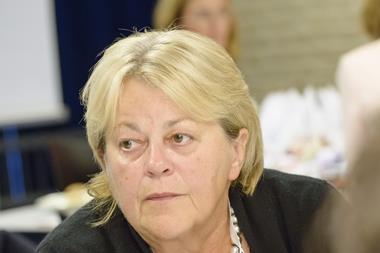
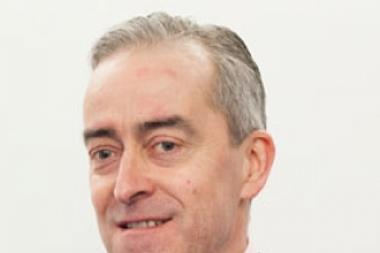
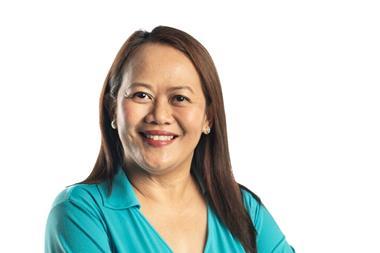

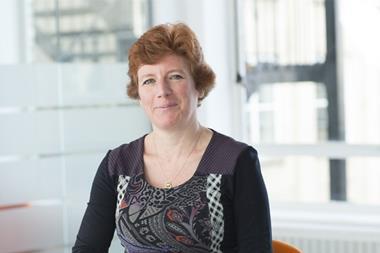



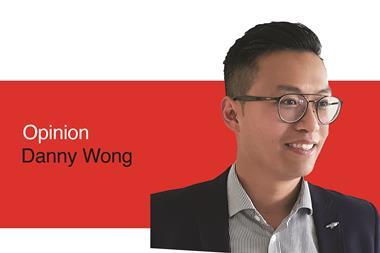

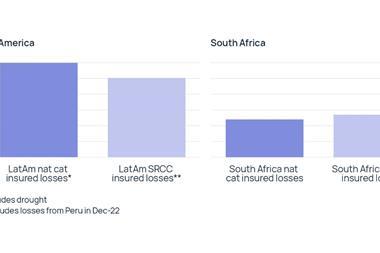
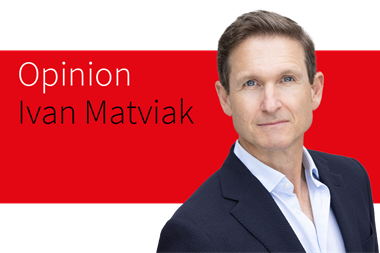



No comments yet